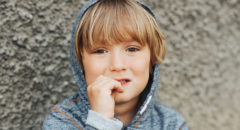What Is the Challenge?
When we asked teachers in our Facebook group to report on their biggest challenges, student stress popped up first.
One teacher shared that her first graders “struggle to concentrate in the face of ongoing stress at home. Specifically, one parent jailed, spousal abuse, homelessness, food insecurity, etc.”. Another explained that his students often appear distracted from learning because anxiety, self-worth issues, and fear get in the way.
Studies confirm that students are experiencing increased anxiety. Results of a parent survey tell us that one in twenty U.S. children (ages 6-17) experienced anxiety or depression in the 2011-2012 academic year, and another study indicated that about a third of teens (ages 13-18) have suffered from anxiety. Further, 39% of college freshmen surveyed in 2017 reported frequently feeling “overwhelmed by all I had to do.”
Challenge Question
How can we support our students in navigating stress and anxiety so that they can feel a greater sense of safety, well-being, and openness to learning in our classrooms?
Why Is It Important?
No one wants to hang out with me. I’m a failure at school. What’s wrong with me?
These kinds of negative thoughts are becoming more common in our homes and schools, and they influence students’ behavior in our classrooms. For example:
- Research tells us that students’ responses to stress and anxiety can affect their ability to self-regulate along with their relationships with teachers—ultimately impacting their engagement in school.
- Studies also link students’ well-being, test anxiety (specifically, their “worry”), and their academic achievement. In fact, students under stress may experience difficulties with both learning and memory. Researchers also note that classroom conditions (e.g., lower academic standards, fewer resources, and teacher burnout) can influence students’ stress levels as well as their ability to focus their attention and stay on task.
Research tells us that practices and activities designed to encourage mindfulness, self-compassion, and kindness for others may help to lessen students’ stress and anxiety.
Practices

Loving-Kindness for Someone You Care About
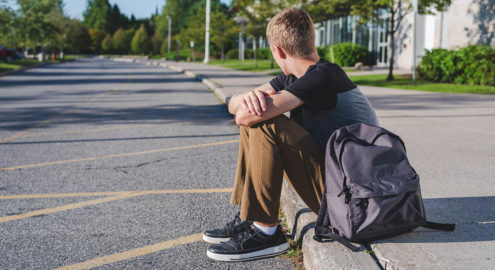
A Moment for Me: A Self-Compassion Break for Teens

Finger Tracing: Mindful Breathing for Students
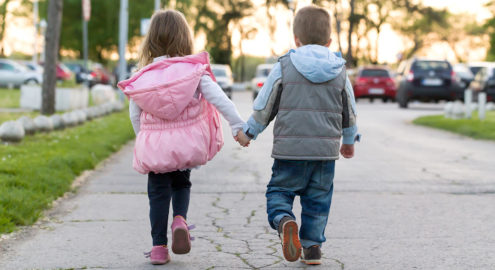
Loving-Kindness Buddy Wishes
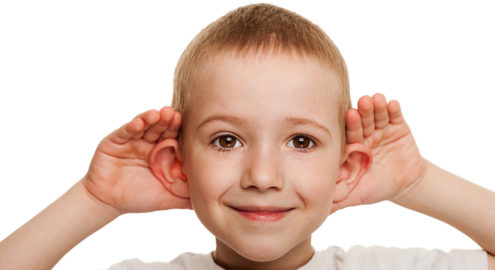
Flow and Tell
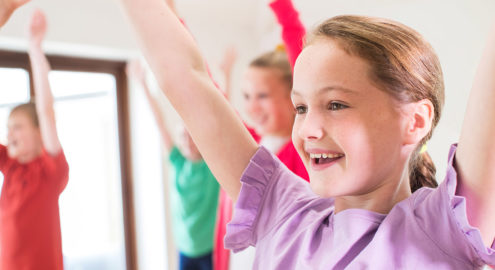
Shake It Off

“The Guest House” Poem and Body Scan for Teens

Mindful Movement for Teens

SOBER Breathing Space for Teens
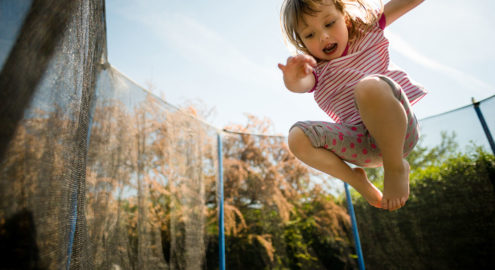
Appreciating Our Bodies: A Body Scan with Gratitude

Loving-Kindness for Adults

Brief Body Scan

Self-Compassion Break for Adults

Mindful Walking for Adults

Mindful Breathing for Adults

Do you want to dive deeper into the science behind our GGIE practices? Enroll in one of our online courses for educators!




